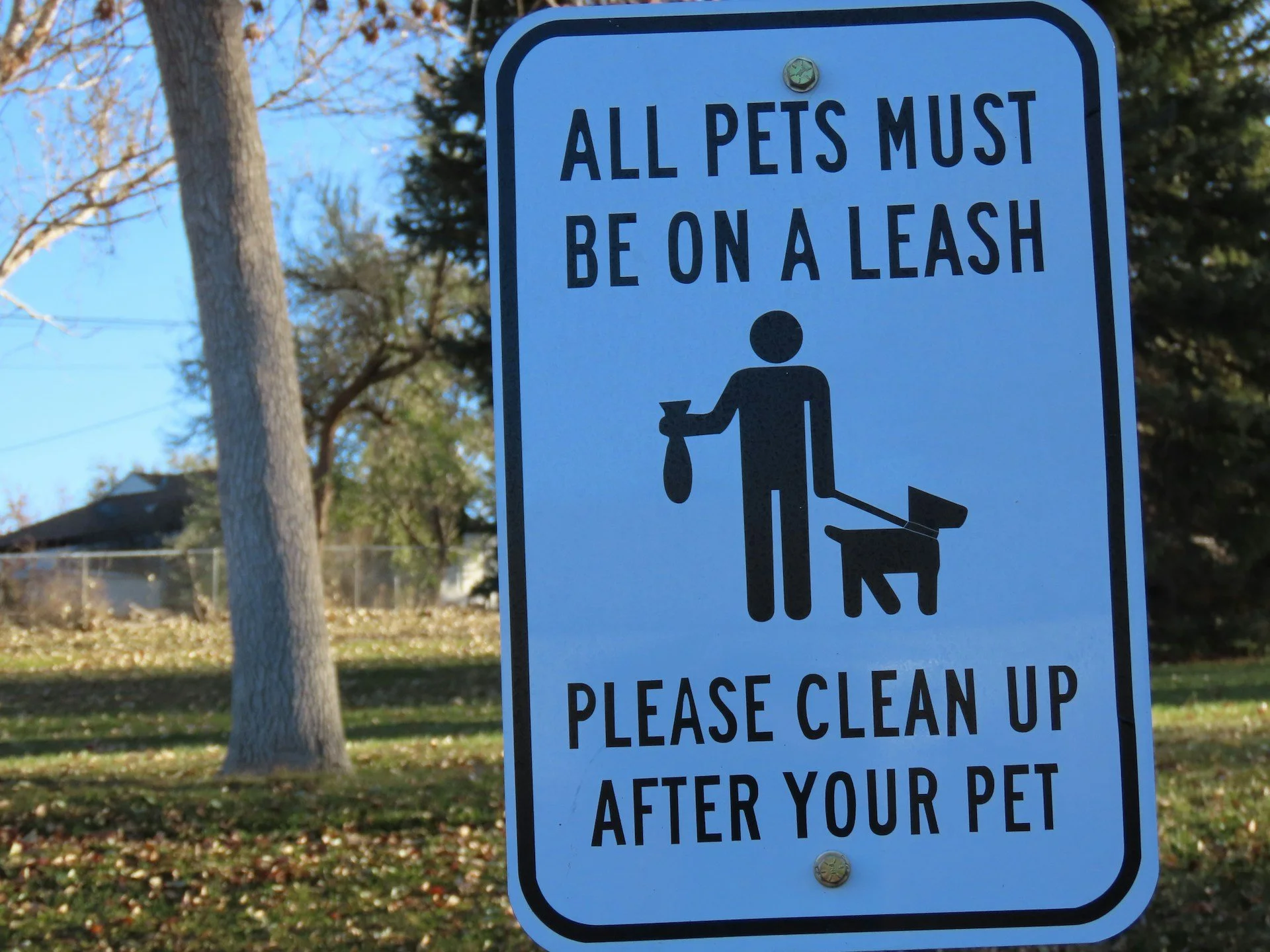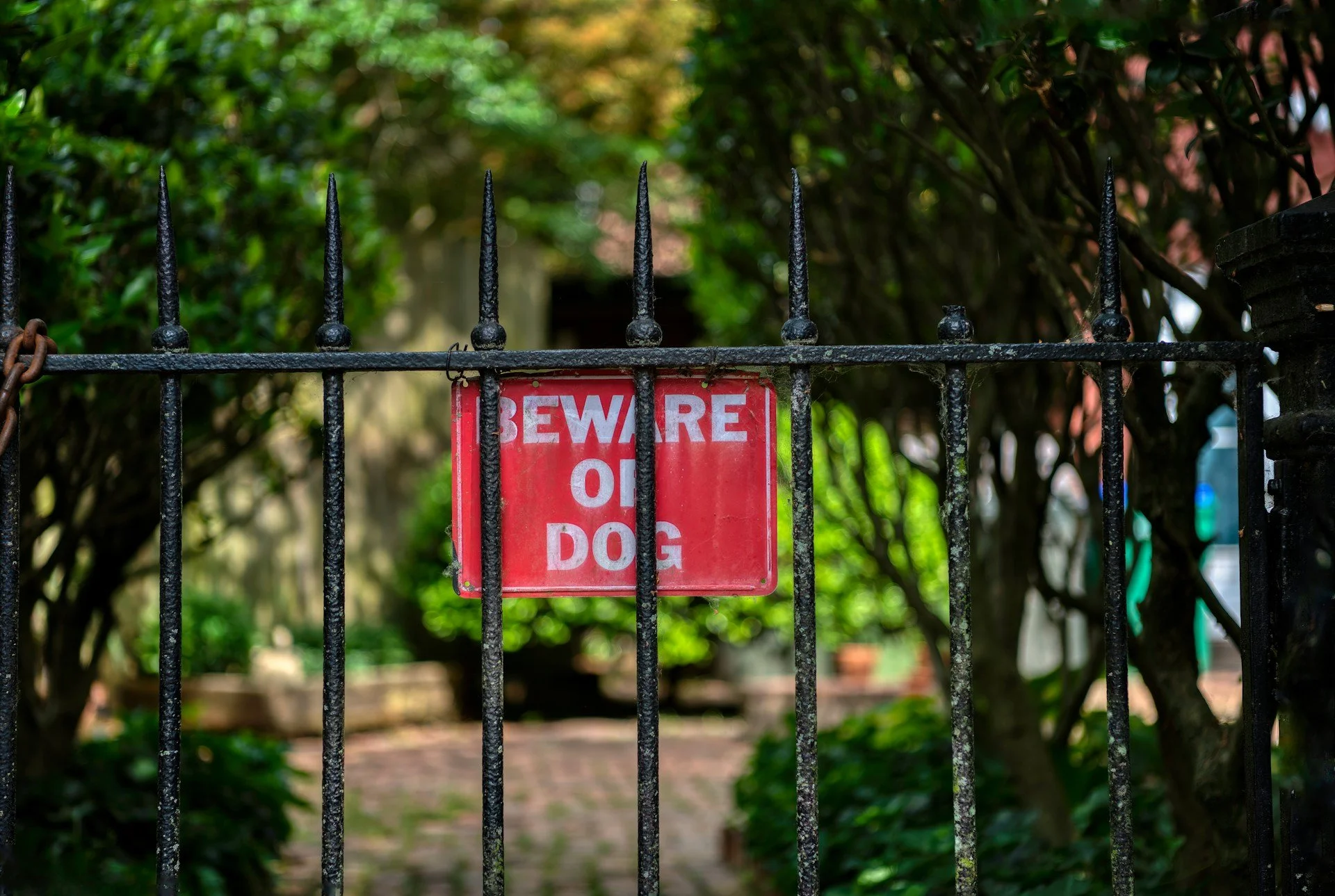
Richmond Dog Bite Attorney
Dogs are an everyday part of American Life. At Puglielli Injury Law, we love and own dogs, and we cherish them as members of our family. The vast majority of dogs behave decently and don’t have any inclinations to hurt people, but occasionally they do, and the consequences can be severe. Many dog bite victims are children and adults who were attacked around the face and required reconstructive surgery to fix the damage. Other times, the victim might have been mauled or knocked down by the dog, causing broken bones and bruises. Additionally, many people, regardless of the type of injury, suffer from post-traumatic stress and an aversion to dogs, becoming scared at the sight of even their own family pet. Given these serious ramifications, it’s important to seek out an experienced dog bite lawyer if you’ve become a victim.
Why hire a Richmond dog bite lawyer?
We expect dog owners to handle their pets responsibly. In public, this means always using a leash when required or, if the owners know their dog is particularly reactive or aggressive, to keep the dog restrained and away from interactions with people. If you’re invited to someone’s home—whether for a dinner party or to deliver a package—you likewise expect the homeowner to warn you about their dogs (if they’re aggressive) or at least restrain them based on your comfort with their dog or dogs generally. When dog owners fail to appropriately handle their dogs, people can get bit and attacked, causing severe injuries, especially to children. And, sometimes, someone other than the dog owner can be at fault for an incident.
Dog bite injury claims in Virginia are legally challenging to pursue and require particular evidence and circumstances to make it a viable claim, so having effective legal counsel can help you successfully navigate your potential claim.
If you’ve been hurt in a dog bite incident, you can give Gianni a call to discuss your potential case. You can also browse some helpful, in-depth FAQs and information below. Please see our general FAQs page too.
VRPC 7.1 Disclaimer: While browsing this website, please bear in mind that it is for informational purposes only; none of the information is intended to constitute, nor does it constitute, legal advice. You should not act or refrain from acting on the basis of any content included on this website without seeking the appropriate legal or other professional advice based on the facts and circumstances of your situation from an attorney licensed in your state. Additionally, this website is available to the public and does not create an attorney-client relationship with those who visit it.
Frequently Asked Questions
What kind of injuries do dog bites and attacks cause?
We know that dogs vary in sizes, weight, and power, so their ability to harm someone varies. The nature and reason of the attack would also affect the types and severity of injuries caused, but common injuries include:
Lacerations, Cuts, and Infections. With their powerful jaws and claws, a dog can cause deep puncture wounds and cuts. You can also get additional scrapes and scratches by getting knocked on the ground. And, given the bacteria that can exist in a dog’s mount or on its claws, an infection of an open wound can develop, which can create a need for extensive or invasive emergency treatment.
Scarring and Disfigurement. Given the nature of the injuries caused by dog attacks, victims may suffer from permanent scarring, and some may suffer from disfigurement that can require plastic surgery, skin grafts, or other reconstructive surgery. And other victims may suffer from an amputation either by the attack itself or as required to manage an infection.
Nerve Damage. A bite from a dog can directly damage nerves, causing numbness, tingling, burning, weakness, and a loss of fine motor skills. Nerve damage can also occur through an infection or inflammation of a wound and even can be caused by scar tissue.
Psychological Trauma and Stress. Many victims of dog attacks suffer from post-traumatic stress and experience a new fear of dogs they didn’t previously have. Their triggers may include the sight of a dog, or a bark or growl, and these can be triggered by their own dog, even if they were attacked by someone else’s. This psychological trauma can be enduring and powerful, especially in children, and it can manifest as hypervigilance, nightmares, anxiety attacks, and—in cases of significant scarring or disfigurement—reduced self-esteem based on their body image.
When is a dog owner liable for a dog bite injury?
In Virginia, dog bites can be challenging to prove, but there are several rules in place to hold owners liable. These include:
One Bite Rule. Virginia follows a “one-bite” rule, which means that if an owner knew (or should have known) that their dog had bitten someone once before, or had even acted aggressively or like it wanted to bite someone, and then bit someone, then the owner may be liable for any injuries caused by the attack.
Negligence. The one-bite rule is a form of negligence, but dog owners are generally responsible for knowing their dogs’ behavior. Even if someone’s dog isn’t aggressive, the owner should know its unique behaviors and characteristics—such as being skittish around new people or environments—and the owner must be careful to prevent a situation in which the dog may hurt someone. Failing to do so may make the owner liable.
Negligence Per Se. This means a dog owner violated a law designed to protect people from dogs and someone was hurt as a result, such as letting a dog off-leash in a public place when there is a local law requiring all dogs to be leashed.
Can someone other than the dog owner be liable for a dog bite injury?
Yes, sometimes other parties can be liable for a dog attack. For example, a landlord owes a duty to “invitees” (people who are invited to the property typically for a business purpose) to warn them of hazardous conditions or dangers on the property that they know about (or should know about), which may include a dog that poses a risk of injury to someone. In that kind of situation, the landlord may be liable if they fail to fulfill their duty to the guest who is then injured.
What are common defenses to dog bite injury claims?
There are many defenses to dog bite incidents that can be effective. The most common include:
No Prior Bite or Aggression. As the one-bite rule states, an owner may be liable if they knew their dog had bitten someone before or had a tendency to be aggressive. However, if the owner had no knowledge—or any reason to know—that their dog had previously bitten someone, they might not be liable. And if the dog generally had never acted aggressively towards anyone and the bite or aggression was a highly unusual incident, that may provide an effective defense as well.
Contributory Negligence. Like with car accidents and most other types of personal injury claims in Virginia, the victim him or herself must not have been negligent, even slightly, in causing the attack. For example, if a home’s fence has a “beware of dog” sign, and the victim enters anyways and is attacked, there may be an argument that the victim was contributorily negligent. For children, it’s important to know that the standard of contributory negligence varies depending on their age based on their maturity and intelligence.
Trespassing. In Virginia, generally speaking, property owners don’t owe a duty to warn trespassers from dangers on their property. If someone is on another person’s property without their permission and is attacked by their dog, then the owner may have an effective defense.
Provoking the Dog. If a dog attacks someone as a result of being intentionally provoked or is acting in self-defense against the human, that person may be contributorily negligent.



